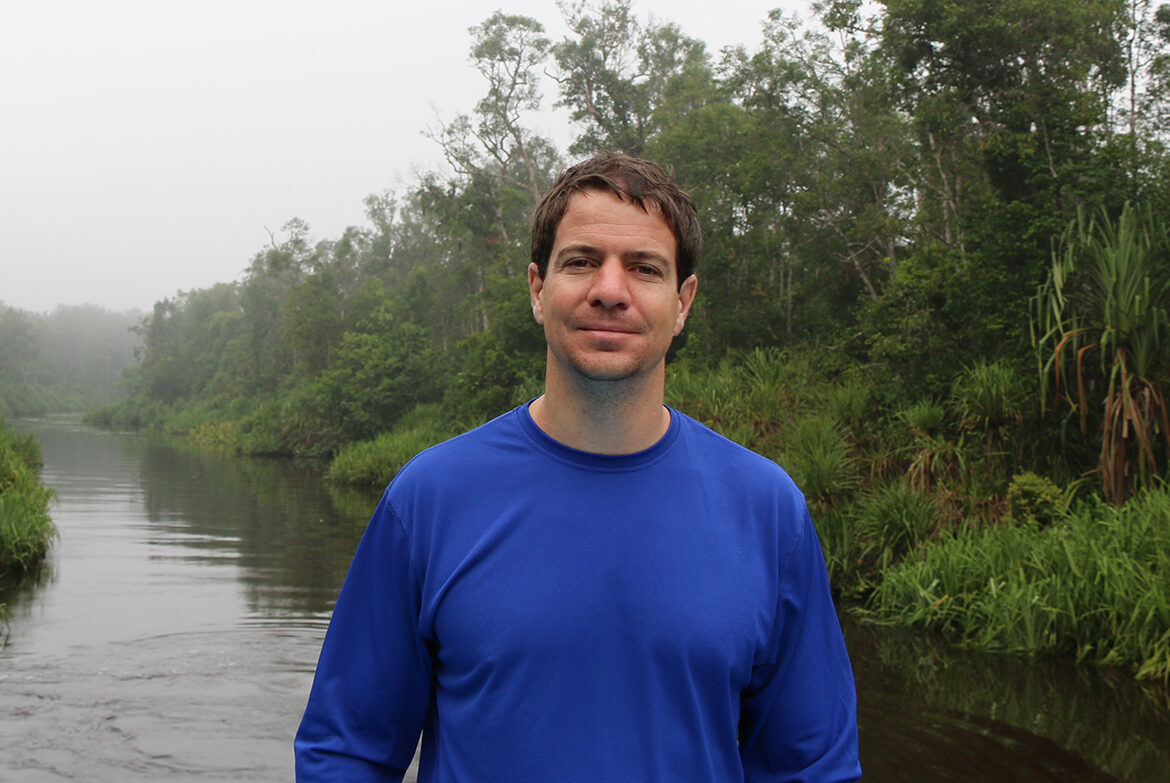Understanding our impact: Crispian’s story
Crispian helps us mitigate non-financial risk, but hasn’t forgotten about his passion for protecting the environment

Working in an organisation with Standard Chartered’s footprint means exposure to some of the most exciting and dynamic markets in the world. However, at times that dynamism brings risk. My job is to help the bank understand this and, where possible, mitigate it.
Typically, when banks look at risk, they view it from a financial perspective. My role is to examine the wider non-financial risks; that is, how human actions and geopolitics can impact our business.
I’ve been working in risk since leaving the British Army, where I served for seven years as an officer. Prior to joining Standard Chartered, I had primarily looked at risk in the energy sector, but the Bank has provided an opportunity to immerse myself in the world of financial services. It’s been a steep learning curve, but also a privilege to be get such a strong grounding in banking, and to see up close how finance shapes our societies.
In the bank, every employee is on the front line of risk management. I think it's the same for the environment. All of us play a part through the daily choices we make
Crispian Cuss Director, Business Model Risk Analysis
I’ve always been interested in politics and history, and I use my specialist knowledge in this area to provide a different perspective to colleagues. It’s easy to get trapped in trying to find the same solutions to different problems. As a team, we look beyond what’s been done before, and focus on finding creative and viable ways to address challenges.
You could say I take the same approach with my personal interest in protecting the environment. In the Bank, every employee is on the front line of risk management. I think it’s the same for the environment. All of us play a part – whether for good or for bad – through the daily choices we make.
Together with a group of colleagues we set up the Green Team here in Singapore. We hope to motivate people to think about how their behaviour impacts the environment. One of the activities the Green Team organises are clean-ups of Singapore’s coastline and beaches. Seeing first-hand the waste caused by single-use plastics helps you understand the size of the problem. It’s shocking to think about the damage we have already done to the environment, and the impact it will have on future generations. For me, that’s one risk too far.